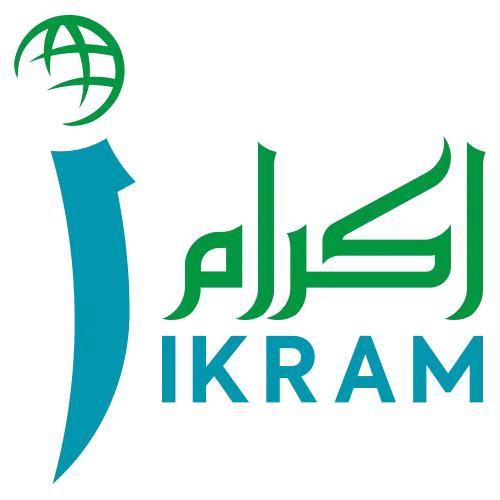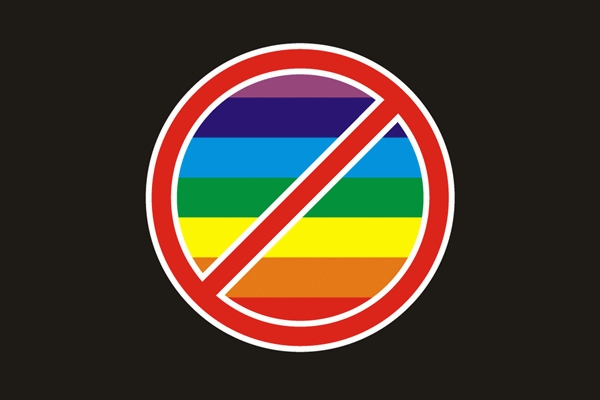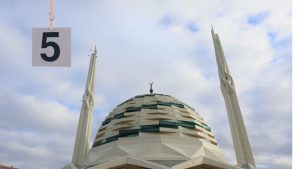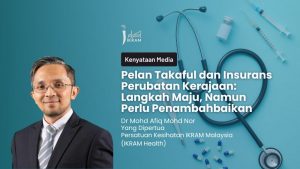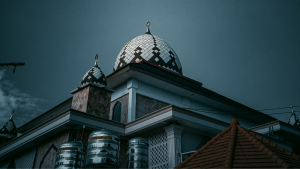2. Among the major sins are adultery and sodomy (i.e. male-to-male homosexual relations). Sex between females is also categorised as a major transgression, although with not the same gravity as that of adultery and sodomy.
Men are prohibited from dressing and behaving alike to women. Likewise, women are disallowed to orientate themselves akin to men whether they partake in homosexual relations or not. This has explicitly been forbidden by Muhammad the Messenger of Allah (peace be upon him) in authentic hadeeths narrated by Bukhari and other scholars.
3. Even though adultery is a major transgression, when it is done in private, it cannot be reported without the presence of four witnesses. Anyone who accuses another of adultery without the testimony of four witnesses may be penalised with qazaf.
Adulterers also should refrain from exposing their wrongdoings. Rather, they should repent and be discreet about their past sins. An authentic hadeeth narrates how Prophet Muhammad (peace be upon him) turned away as a sign of disapproval when a Companion came to him to confess about committing adultery.
4. Most rulings pertaining to sodomy are similar to those concerning adultery according to the majority of scholars, including those from the Shafie school of thought. This includes the testimony of four witnesses, the penalty of qazaf for false accusation, and the encouragement of non-disclosure of past wrongdoings.
5. Individuals who commit even the most major sins should not be disparaged. In one authentic hadeeth, a man repeatedly caught drinking intoxicants was mocked by other Companions. However, the Prophet (peace be upon him) reprised them for their actions and commanded, “Do not assist the Devil unto your brother.”
6. Not all who speak for the rights of the lesbian, gay, bisexual, and transgender (LGBT) community are practitioners of the LGBT lifestyle themselves. A number of them are human rights activists who believe that LGBT individuals have legal provision to practice the lifestyle they choose. Dialogue should be held with such activists and arguments put forth.
7. There are also those who possess homosexual desires but stop short of partaking in homosexual activities. It is narrated that a Companion once admitted to the Prophet (peace be upon him) that he desired to commit adultery, but he was met with rahmah (compassion) and prayer and eventually abandoned his intent.
8. Generally, LGBT persons who have been or are involved with homosexual activities may be categorised into four:
A. Those who have repented from their past deeds.
These individuals require support and assistance from society in maintaining their status quo.
B. Those who are aware that homosexual activities are forbidden in religion but have not yet gathered enough strength to withdraw themselves.
Such individuals also require supportive measures from the community. Their wrongdoings should be kept undisclosed.
C. Those who harbour no guilt towards their sins.
These individuals need to be approached with wisdom and enjoined to change.
D. Those who are openly declare being involved in homosexual activities and show no signs of remorse.
Such public advocacy should not be allowed to take place and should be countered with advice, community education, and if necessary, law enforcement.
9. The LGBT lifestyle should not be left to flourish and to be promoted. This is because its practises go against the substance of syariah (Islamic law) and its maqasid (objectives), which aim to preserve human dignity and the sanctity of family. LGBT practises also contradict the teachings of all major religions.
10. A person who admits to being lesbian, gay, or bisexual and wishes to alter his tendencies by seeking medical help or counselling must be given proper help, not mocked and disparaged.
11. Individuals involved in lesbian, gay, or bisexual practices cannot be penalised without sufficient evidence. They should be given advice wisely and compassionately. In addition, they should be given their due rights as citizens in matters which do not entail promotion of their sexual lifestyle.
12. Regarding transgenderism, the modification of gender-specific traits and body parts, whether through surgical or pharmaceutical means, is prohibited in Islam except in the case of those born with hermaphroditism (dual gender-specific traits). Such persons should be referred to experts in the field.
13. The relevant authorities must form a long-term plan which is holistic, multi-dimensional, and accounts for various fields of expertise in the curbing and resolution of the LGBT dilemma. This requires different approaches between gays, lesbians, bisexuals, and transgenders. The choice of approach may also depend on whether an individual only harbours LGBT inclinations, actively practices its lifestyle, or actually promotes it.
14. The decision of the Minister in the Prime Minister’s Department (Religious Affairs), YB Datuk Dr. Mujahid Yusuf Rawa, in taking down the posters of two supposed LGBT activists in Penang recently is deemed to have been just. In such a context, the posters could have been interpreted as a form of promotion of LGBT practices.
15. The readiness of the Minister to meet and hold a dialogue with Nisha Ayub was also apt in gaining perspectives from transgenders which may have previously been unknown or misunderstood. This, of course, is not equal to agreeing with the practices of the transgender lifestyle.
Suggestions to overcome transgender-associated inconveniences such as the use of public toilets or position in congregational prayer must take into consideration fiqh (Islamic jurisprudence), psychological, and legal aspects. Discourse should be increased to find the most suitable temporary solutions while more comprehensive and preventive measures are underway.
16. In conclusion, IKRAM advises that all quarters listen, guide, and provide help to individuals who are inclined towards and/or have been involved with LGBT practices but realise their immorality and wish to change themselves. This will be a testament to rahmah for such persons.
At the same time, all should be stern towards the promotion of LGBT practices and also the openness of such actions in the spirit of rahmah for society at large.
Prepared by:
ULAMA COMMITTEE
PERTUBUHAN IKRAM MALAYSIA
17 August 2018
This translation was provided by Pedants, an IKRAM youth English interest group. To read Malay version, please click https://bit.ly/2MQZbGV.
